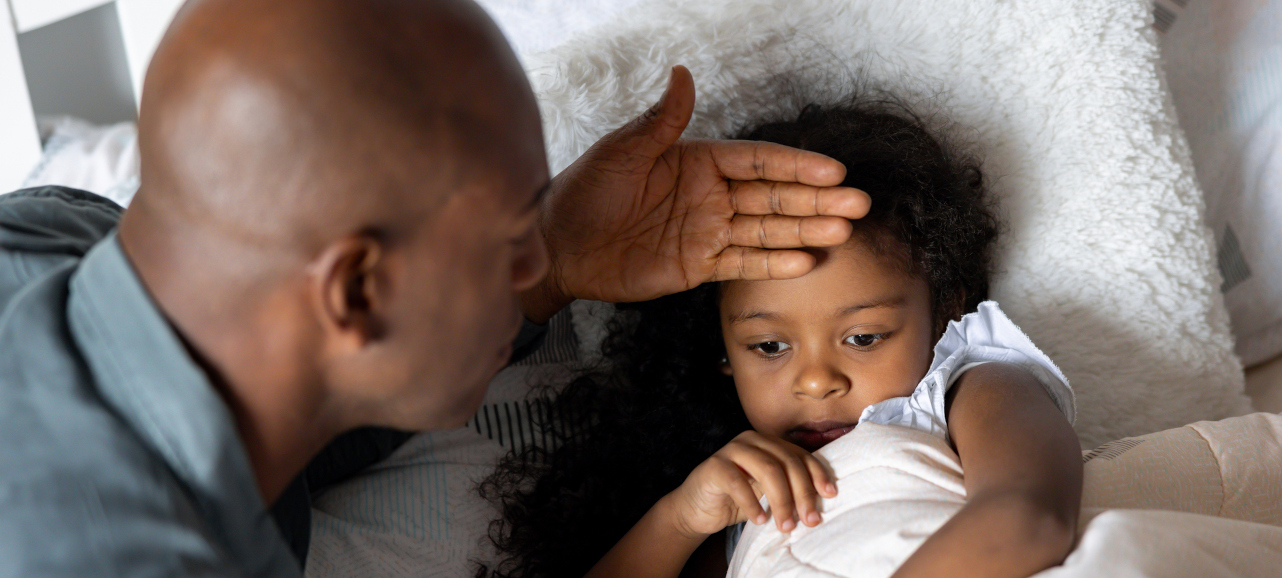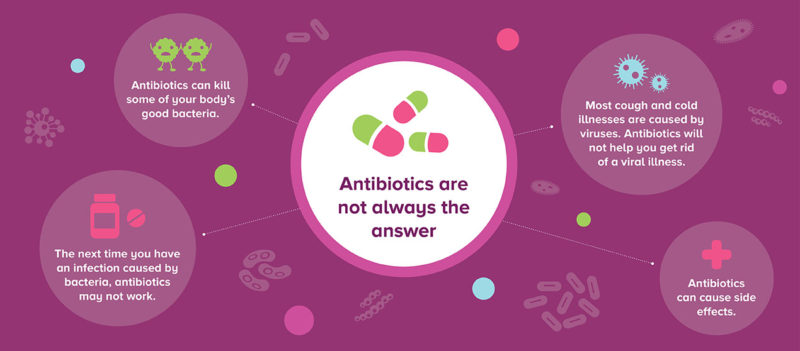If you’re like me and have kids in daycare or school, you brace yourself when you hear that a stomach bug is going around.
Norovirus is one of the most common stomach bugs, and can wreak havoc in a household. That’s because it is highly contagious, hard to kill, and we don’t build long-term immunity against it. This means that even if your kids get it in December, they can still get it again in February.
Cases of norovirus are up this year compared to other years. In fact, some sources say it’s the highest it’s been in 15 years. We don’t know if this is because people are testing more or if it is a true increase. Either way, now is a good time to remember what it is, how it spreads, and what to do to prevent it from infecting your whole house.
WHAT IS NOROVIRUS?
Norovirus is a highly contagious virus that can cause stomach-related symptoms, including vomiting, diarrhea, nausea and cramps.
Symptoms typically start within 12-48 hours of exposure and last for about 24-72 hours. It can also cause fever, body aches and headaches. Because kids lose lots of fluids when they have it, it is important to watch for signs of dehydration. Keep an eye out for dry mouth, not peeing as much, no tears when crying, and sunken eyes. People who are young, elderly, or immunocompromised are the most at-risk for complications and hospitalization.
WHY IS IT SO CONTAGIOUS?
1. It’s hard to kill
Norovirus is a non-enveloped virus and has a protective protein shell. This means that its structure and other characteristics make it more difficult to kill. Most cleaning products and alcohol-based hand sanitizers will not kill the virus. Because hand sanitizer won’t kill it, kids need to wash their hands with soap and water for at least 20 seconds before they eat and after they go to the bathroom.
2. Kids don’t need a lot of exposure to get infected
Unlike other viral illnesses, you don’t need exposure to a lot of norovirus particles to get it. This means it’s highly contagious.
3. It lives on surfaces for a long time
Norovirus can last on countertops, doorknobs, and other surfaces, for two weeks!
4. Norovirus can also spread through airborne particles
Different than other stomach bugs, norovirus spreads through coughs and sneezes. The main way kids get sick from norovirus is still through contact with infected surfaces, person-to-person, or eating food or drinks with other people’s germs.
HOW CAN PARENTS PREVENT THE SPREAD?
Disinfect surfaces
If your child gets norovirus, it’s important to disinfect the highly touched surfaces of your home. Think of countertops, doorknobs, remote controls, refrigerator handles, and sink knobs. A bleach solution is the most effective at killing it. When cleaning surfaces, use disposable gloves or paper towels and wash your hands thoroughly afterwards. The USDA, EPA and CDC are the best resources for products and strategies to prevent the spread.
Encourage hand washing
Wash hands with soap and water and scrub for at least 20 seconds. This is the most effective way to prevent the virus spreading through the hands. Encourage kids to do this before eating and after using the bathroom. Norovirus is detectable in poop before symptoms start and can remain for weeks afterwards!
Do not share food and drinks
Norovirus can survive on both food and drinks, so do not cook for your family if you have the illness. And remind your kids not to share food and drinks with their friends and siblings.
HOW DO I TREAT NOROVIRUS?
There are no medications that treat norovirus. The illness has to run its course. Focus on water or electrolyte drinks to keep your child hydrated. Ask your child’s doctor if she can take antinausea medications to make her more comfortable.
WHEN TO CALL THE DOCTOR?
If you have been providing supportive care at home and are still concerned, it is not a bad idea to contact your doctor. She or he will want to check for symptoms of dehydration and to make sure that there is not another reason for their illness. If your child is peeing a lot less often than usual he may need to come to the hospital for intravenous fluids. Thankfully, this doesn’t happen often.
To learn more about our Division of Infectious Diseases, or to schedule an appointment, please call 513-636-7499.






